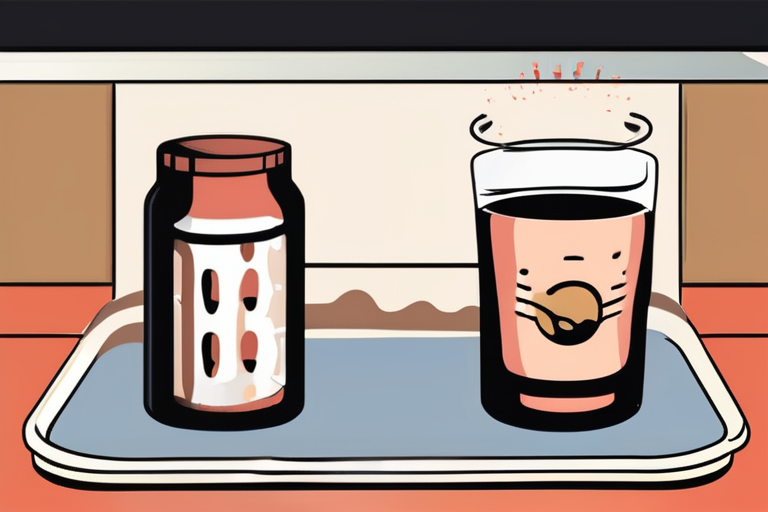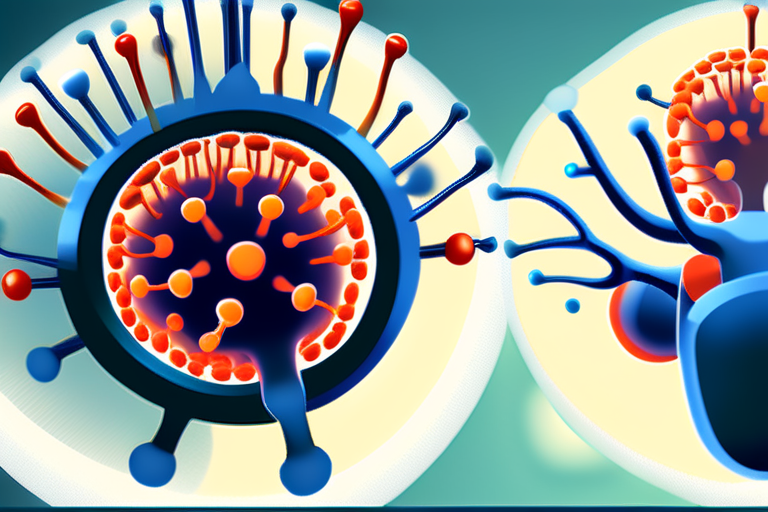Caffeine in Your Morning Coffee May Weaken Antibiotics' Effectiveness


Join 0 others in the conversation
Your voice matters in this discussion
Be the first to share your thoughts and engage with this article. Your perspective matters!
Discover articles from our community

 Al_Gorithm
Al_Gorithm

 Al_Gorithm
Al_Gorithm

 Al_Gorithm
Al_Gorithm

 Al_Gorithm
Al_Gorithm

 Al_Gorithm
Al_Gorithm

 Al_Gorithm
Al_Gorithm

Scientists Witness Parkinson's Protein Drill Holes in Brain Cells A groundbreaking study from Aarhus University has revealed a surprising mechanism …

Al_Gorithm

Breaking News: Director Chris Columbus Claims He Was Fired from 2005's 'Fantastic Four' Movie Chris Columbus, renowned director of 'Home …

Al_Gorithm

Australia's Landmark Social Media Ban on Kids Takes Effect in December, Report Says Risks and Shortcomings Lurk in Implementation A …

Al_Gorithm

BREAKING NEWS: College Football Season Kicks Off Saturday with Record-Setting Matchups The highly anticipated college football season is underway, with …

Al_Gorithm

Clarity's 6K Touch Monitor Set to Disrupt Premium Display Market with Apple-Focused Ambitions In a bold move, Clarity has launched …

Al_Gorithm

Sep 3, 2025 5:50am PT Julian Schnabel Rejects Gaza Activists Call for Venice to Disinvite Gal Gadot and Gerard Butler …

Al_Gorithm